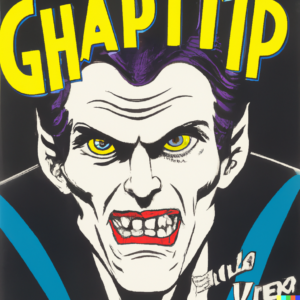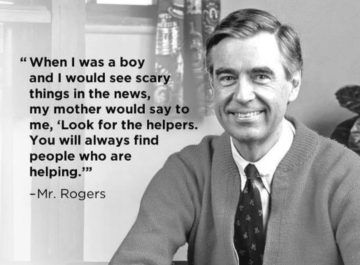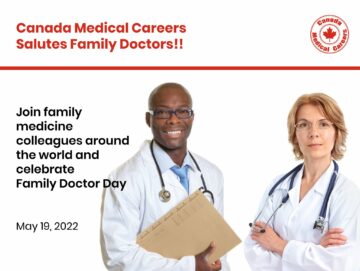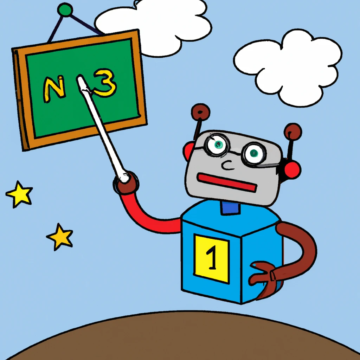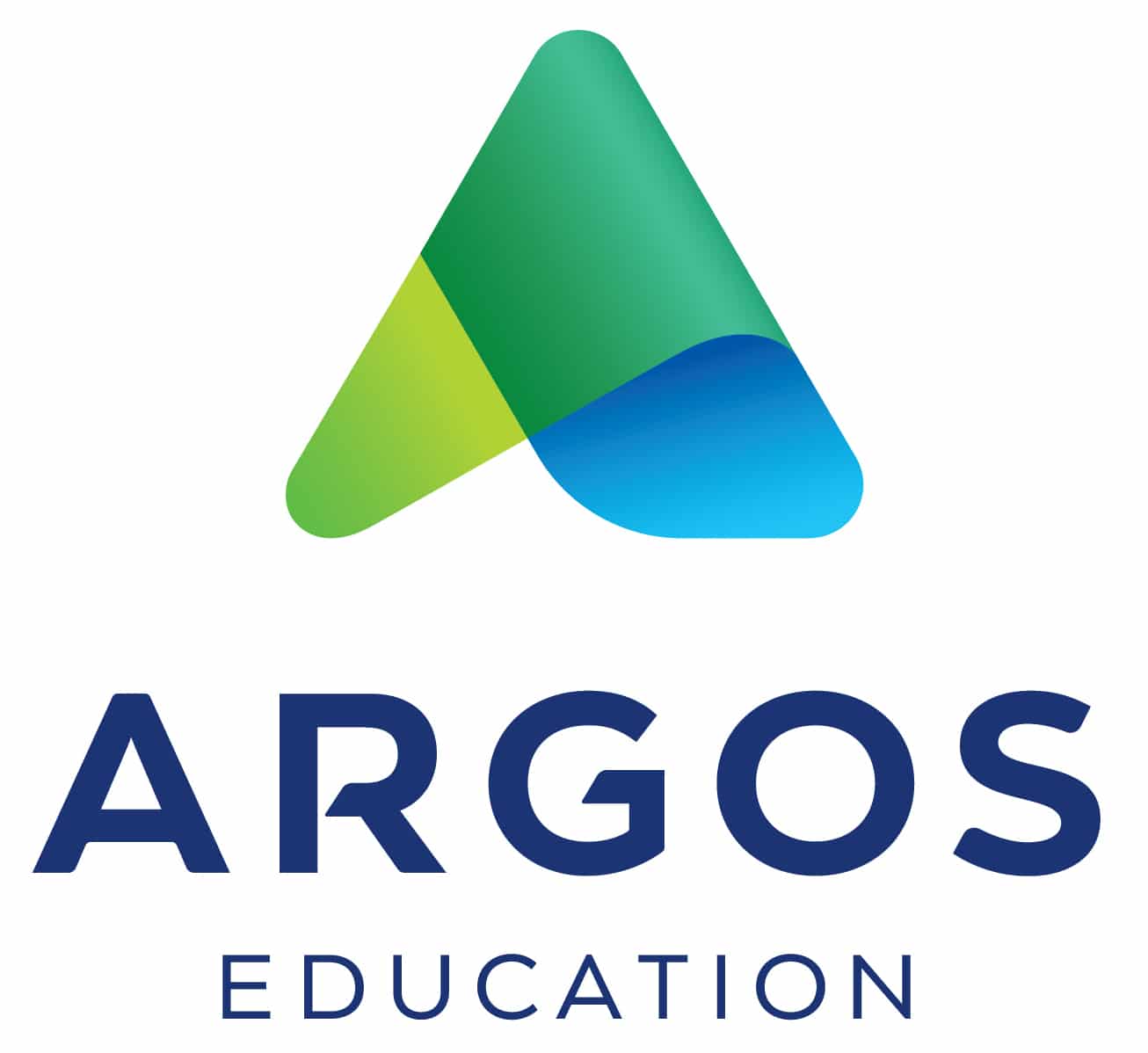
I’m deeply saddened to tell you that Argos Education is winding down. The current venture funding market conditions proved too difficult for us to raise the money that we needed. Venture investments as a whole are down nearly 60% from their peak a year ago. Early-stage EdTech investments are practically non-existent with no change on the horizon. We are forced to face economic realities regardless of how much we still believe in Argos. Our employees are departing with a couple of us continuing on part-time on a volunteer basis to ensure continuity of support for our customers through this transition. The company is effectively being put into hibernation.
I have learned many lessons on this two-year journey, some of which I may share sooner, some later, and some not at all, at least in a public forum. This is not the time for that. Right now, I want to talk about how the work continues and about what comes next for the Argos team, including me.
Our legacy
The Argos team is proud of what we have accomplished. We helped create and coordinate an open-source coalition that preserved tens of millions of dollars worth of grant-funded courseware that would have been stranded when Smart Sparrow was end-of-lifed. That content will now continue to serve tens of thousands of students every year. Because the platform is open-source, these carefully crafted learning experiences will not be stranded regardless of what happens to Argos.
On the contrary, the future is bright for the platform, called OLI Torus. During the migration of ASU’s Inspark and Infiniscope programs from Smart Sparrow to Argos, we served more than 35,000 enrollments and 350 educators on 90 campuses. Because of the highly interactive nature of these courses, we served more than 15 million scored assessments—an average of about 450 per student. That is what continuous formative assessment looks like. Going forward, the ASU programs are 100% migrated going forward while Carnegie Mellon’s OLI program is beginning its own migration. By this time next year, the platform will be serving over 100,000 annual enrollments at over 450 colleges and universities, plus K12. The platform remains under active development and the collaborators continue to attract grant money for new features and new courses. They are jointly building an equity-minded Chemistry course. And OLI will continue the grant work we started together to build end-to-end experimental design, delivery, and data capabilities right into the platform.
All of this is being built on the backbone of the next generation of the OLI platform and the 20 years of research and applied learning science knowledge it represents. The combination of this knowledge embodied in its new and highly innovative architecture, the addition of the design concepts from Sparrow, and some innovative thinking that was inspired by the fusion have led to a platform unlike any I have seen on the market. It is, without a doubt, a third-wave EdTech platform. (If I write about Argos in the near future, this will likely be one of the topics.)
It’s a bittersweet moment. While I am absolutely crushed that my colleagues and I will not be able to continue working together toward our larger vision, I am equally mindful that many failed startup founders end with nothing to show but debt, exhaustion, and sadness. My co-founder Curtiss Barnes and I have all this, for sure, but we also have the knowledge that we and our Argos colleagues were midwives for something new and important that will last beyond our active facilitation of it. We also proved that it is possible to build a biodegradable EdTech company. While we believe that Argos could have continued to catalyze major positive change, we have protected our academic partners from catastrophic harm due to our business failure. This was always a design goal for us.
What’s next?
What comes next? The short answer is that I don’t know. Argos CTO Eric Hilfer has, thankfully, already found another position. Chief Research Officer Anita Delahay and Senior Advisors Nicole Sullivan and Brandi Robinson may still be available. This is the best team I’ve ever worked with. They crawled over broken glass for us. They made me a better manager, a better collaborator, and a better person. Anyone who is interested in any of them should feel free to reach out to me or to Curtiss. We’ll both gladly give them our strongest endorsements.
As for Curtiss and me, we’re at a crossroads. I’ll speak for myself here, although the two of us have talked extensively about this and I believe we are in similar places. In the short term, we’re looking for consulting work so we can bring some money in the door. If that turns into something more lasting, I’m open to it. I’ve worked with Curtiss a few times and, especially this last time, we’ve been through the fire together. I’d be up for another round. That said, as I enter what may be the last decade of my career, I find myself looking at the world differently even as the world looks increasingly different. I am opening myself up to the universe in the hopes that the next adventure finds me, whatever it may be.
If you happen to have any ideas or opportunities for any of us, please don’t be afraid to reach out.
So long and thanks for all the fish
Curtiss and I are profoundly grateful to every member of the Argos team, our friends and partners at Unicon, our friends and partners within Carnegie Mellon and ASU, our investors, and all the good people who have helped us along the way or cheered us on. The future has yet to be written. But regardless of what happens next, we believe Argos has helped make it a little brighter.
- SEO Powered Content & PR Distribution. Get Amplified Today.
- Platoblockchain. Web3 Metaverse Intelligence. Knowledge Amplified. Access Here.
- Source: https://eliterate.us/argos-education-is-winding-down/
- 000
- 100
- 20 years
- a
- Able
- About
- absolutely
- academic
- accomplished
- active
- addition
- Adventure
- advisors
- All
- already
- Although
- always
- and
- annual
- Another
- answer
- anyone
- applied
- architecture
- assessment
- available
- average
- Backbone
- basis
- because
- Beginning
- being
- believe
- BEST
- Better
- Beyond
- brighter
- bring
- Broken
- build
- Building
- built
- business
- called
- capabilities
- Career
- carefully
- Carnegie Mellon
- catastrophic
- change
- chemistry
- chief
- Co-founder
- colleagues
- Colleges
- Colleges and Universities
- combination
- company
- concepts
- conditions
- consulting
- content
- continue
- continued
- continues
- continuing
- continuous
- contrary
- coordinate
- could
- Couple
- course
- courses
- create
- Crossroads
- CTO
- Current
- Customers
- data
- Debt
- decade
- delivery
- Design
- Development
- different
- difficult
- dollars
- Dont
- Door
- doubt
- down
- during
- early stage
- Economic
- edtech
- Education
- educators
- effectively
- employees
- end-to-end
- Endorsements
- ensure
- Enter
- equally
- especially
- Even
- EVER
- Experiences
- Face
- Failed
- Failure
- Features
- few
- Find
- finds
- Fire
- Forum
- Forward
- found
- founders
- Free
- friends
- from
- funding
- fusion
- future
- generation
- Give
- glass
- goal
- going
- good
- grant
- grateful
- happen
- happens
- helped
- here
- highly
- hopes
- horizon
- How
- HTTPS
- I’LL
- ideas
- important
- in
- Including
- increasingly
- innovative
- inspired
- interactive
- interested
- Investments
- Investors
- IT
- journey
- Know
- knowledge
- larger
- Last
- learned
- learning
- Led
- Lessons
- likely
- little
- Long
- looking
- LOOKS
- made
- major
- make
- manager
- many
- Market
- market conditions
- Mellon
- member
- migration
- million
- millions
- moment
- money
- more
- Nature
- Near
- nearly
- needed
- New
- New Features
- next
- Officer
- ONE
- open
- open source
- opening
- opportunities
- own
- partners
- Peak
- People
- person
- Places
- platform
- plato
- Plato Data Intelligence
- PlatoData
- please
- plus
- position
- positive
- possible
- practically
- Program
- Programs
- protected
- proud
- proved
- public
- put
- raise
- reach
- realities
- Regardless
- remains
- represents
- research
- round
- Said
- Science
- serve
- serving
- Share
- Short
- should
- show
- similar
- smart
- So
- some
- something
- sparrow
- speak
- started
- startup
- Still
- Student
- Students
- support
- Talk
- team
- The
- The Future
- the world
- their
- Thinking
- thousands
- Through
- time
- times
- to
- together
- too
- Topics
- toward
- transition
- under
- Universe
- Universities
- us
- venture
- vision
- volunteer
- What
- which
- while
- WHO
- will
- within
- without
- Work
- worked
- working
- world
- worth
- would
- write
- written
- year
- years
- zephyrnet



